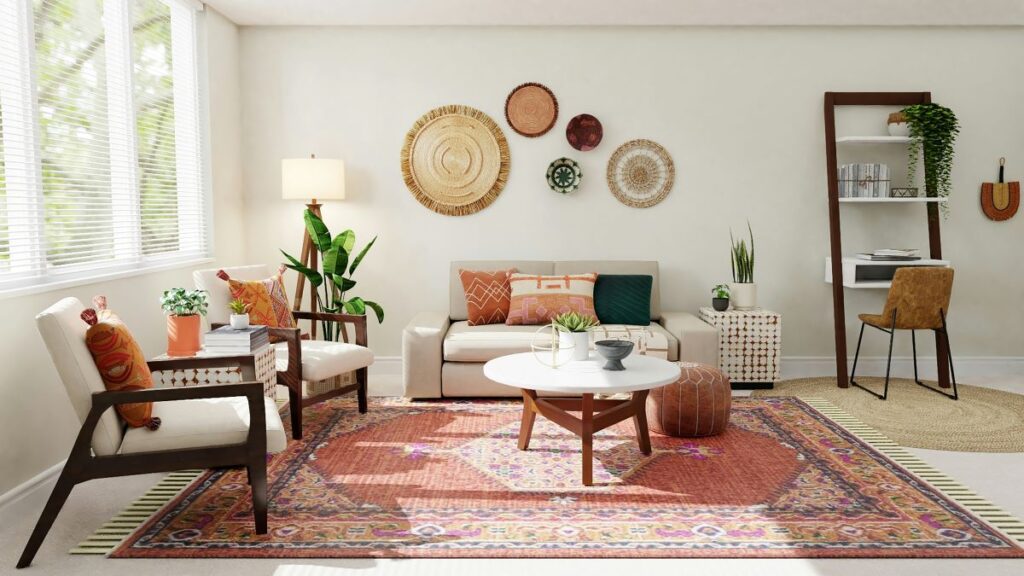Home decor is always evolving, driven by culture, technology, and consumer choices. Brands are responding with innovative designs to create captivating spaces that reflect current trends.
5WPR Insights
Biophilic design
Consumers want to bring nature into their homes. They are using natural materials, vertical gardens, and biomorphic shapes. Brands like West Elm and Serena & Lily offer furniture made from sustainable materials. Harpo Verde and IKEA provide solutions for indoor gardens. Companies like Studio Dunn and Anthropologie offer decor inspired by natural forms.
Sustainable and ethical practices
Consumers prioritize the impact of their choices. Brands are increasing sustainability through repurposing materials, utilizing durable materials, and sourcing locally. Upcycled materials reduce waste and yield distinctive products. Restoration Hardware offers reclaimed wood furniture, while Apt2B creates rugs from recycled plastic bottles.
Fair trade and locally sourced products support artisans and communities. Brands like West Elm partner with Fair Trade organizations. Brands like Leif offer home goods made by skilled artisans worldwide. Durable materials and timeless designs reduce consumption and waste. Companies like Herman Miller make long-lasting furniture. Crate & Barrel emphasizes high-quality craftsmanship.
Technology integration
Smart homes are becoming increasingly mainstream, and brands are integrating technology seamlessly into decor through voice-activation, smart lighting, and figuring out different way to make appliances smarter and more accessible. Systems like Philips Hue allow for mood-setting and automation, offering convenience and energy efficiency.
IKEA sells furniture and lamps with smart lighting. Amazon Echo and Google Home are smart speakers that control thermostats, lighting, and music systems. Smart appliances let users order groceries and preheat ovens via smartphones. Samsung and LG are leading brands in innovative appliances that integrate with smart home systems.
Personalization and customization
Consumers want homes that reflect their personalities and lifestyles. To meet this demand, brands are offering modular and bespoke furniture options. Modular furniture allows for customization and adaptation to fit individual needs. Certain brands even provide custom-designed furniture and decor, enabling full personalization.
Read more from Ronn Torossian:
Ronn Torossian on Pinterest
Ronn Torossian on O’Dwyer’s
Ronn Torossian on The Jerusalem Post
Ronn Torossian on WebsiteMagazine
